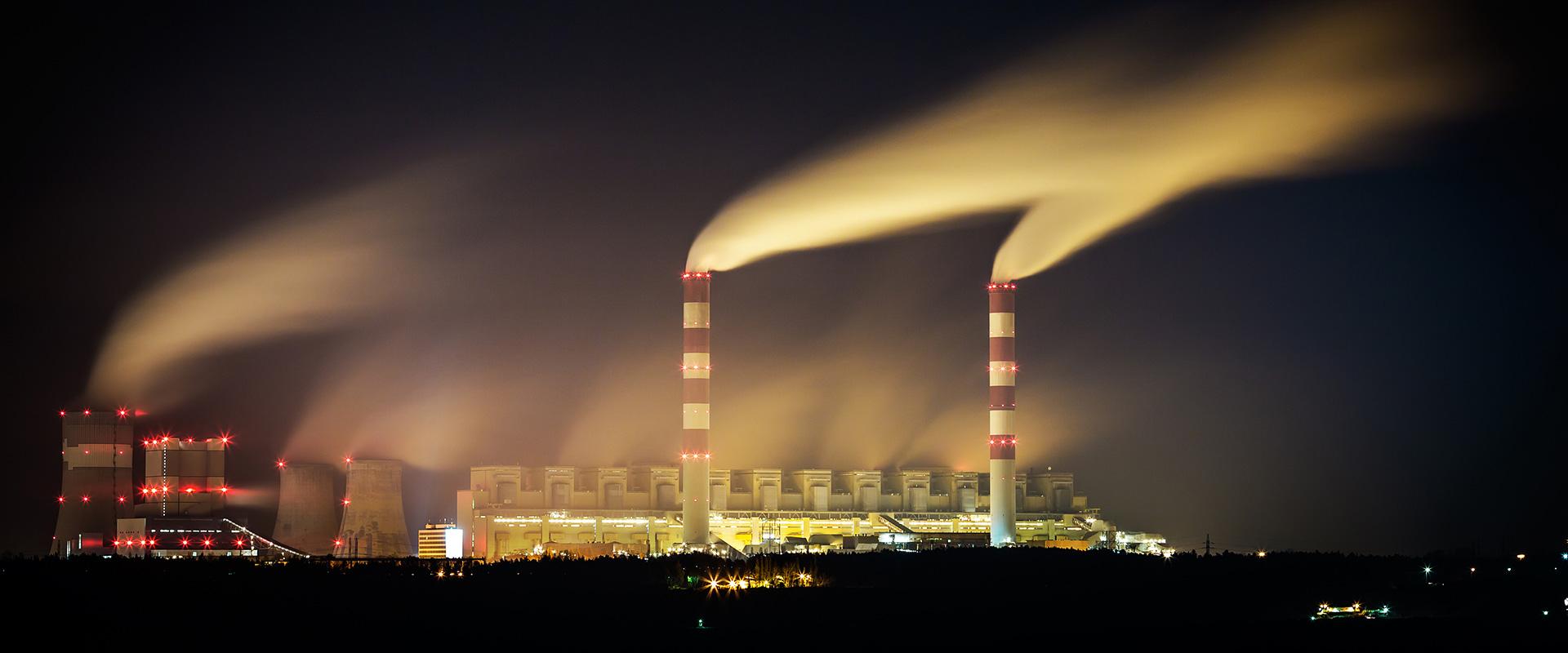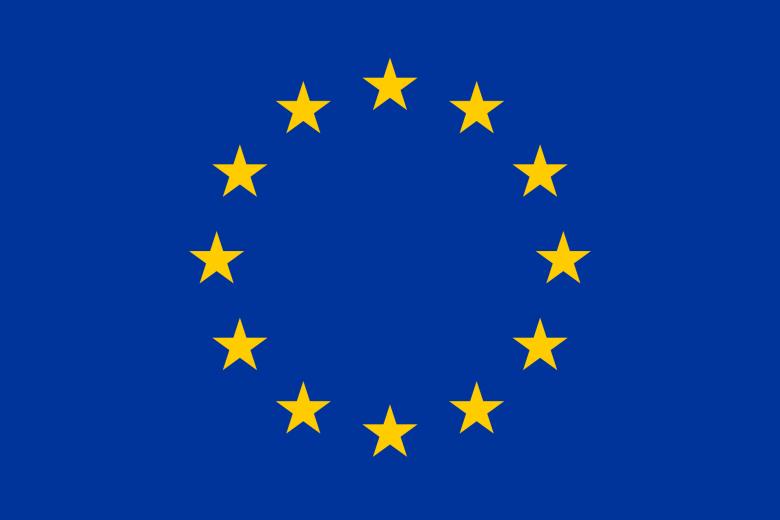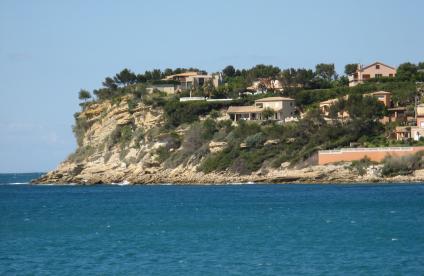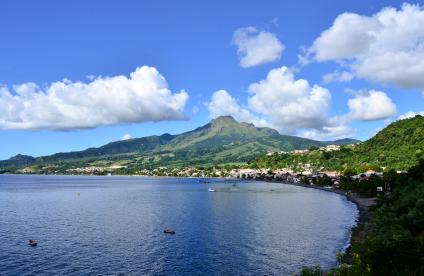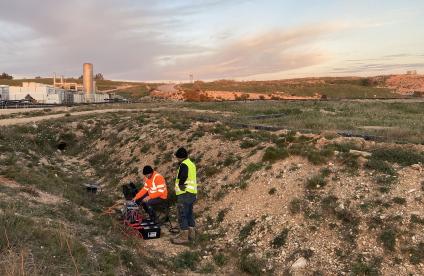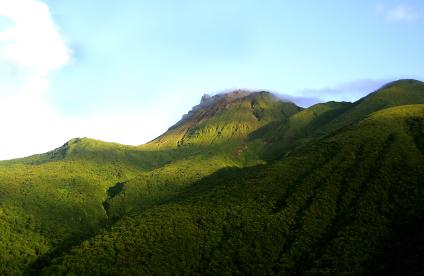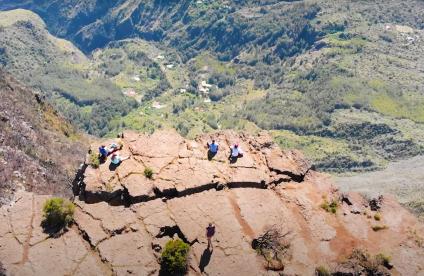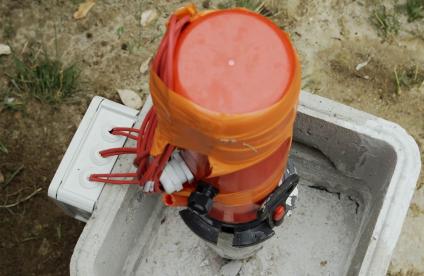CGS Europe, coordinated by BRGM, has assembled CO2 geological storage experts from 24 EU Member States and 4 Associated Countries for CO2GeoNet.
Construction of an independent structure of European experts
With its growing importance, the aim is to build a structure that is credible, independent and representative of the European panel of expertise on this topic.
It is a question of creating a sustainable network, of ensuring liaison with other stakeholders (e.g. the European Technology Platform ZEP [Zero Emission Platform]: production of electricity using fossil fuels and no CO2 emission), of facilitating the demonstration and industrial deployment of CO2 capture and storage, of supporting the implementation of national and European regulations (Directive on the geological storage of carbon dioxide).
These ambitions need coordination and integration mechanisms to be set up between CO2GeoNet and the CGS Europe par ticipants, and for ties and cooperation at national, European and international scale. The integration of Europe CGS partners into CO2GeoNet before the end of the project (October 2013) will provide a sustainable framework to the consortium.
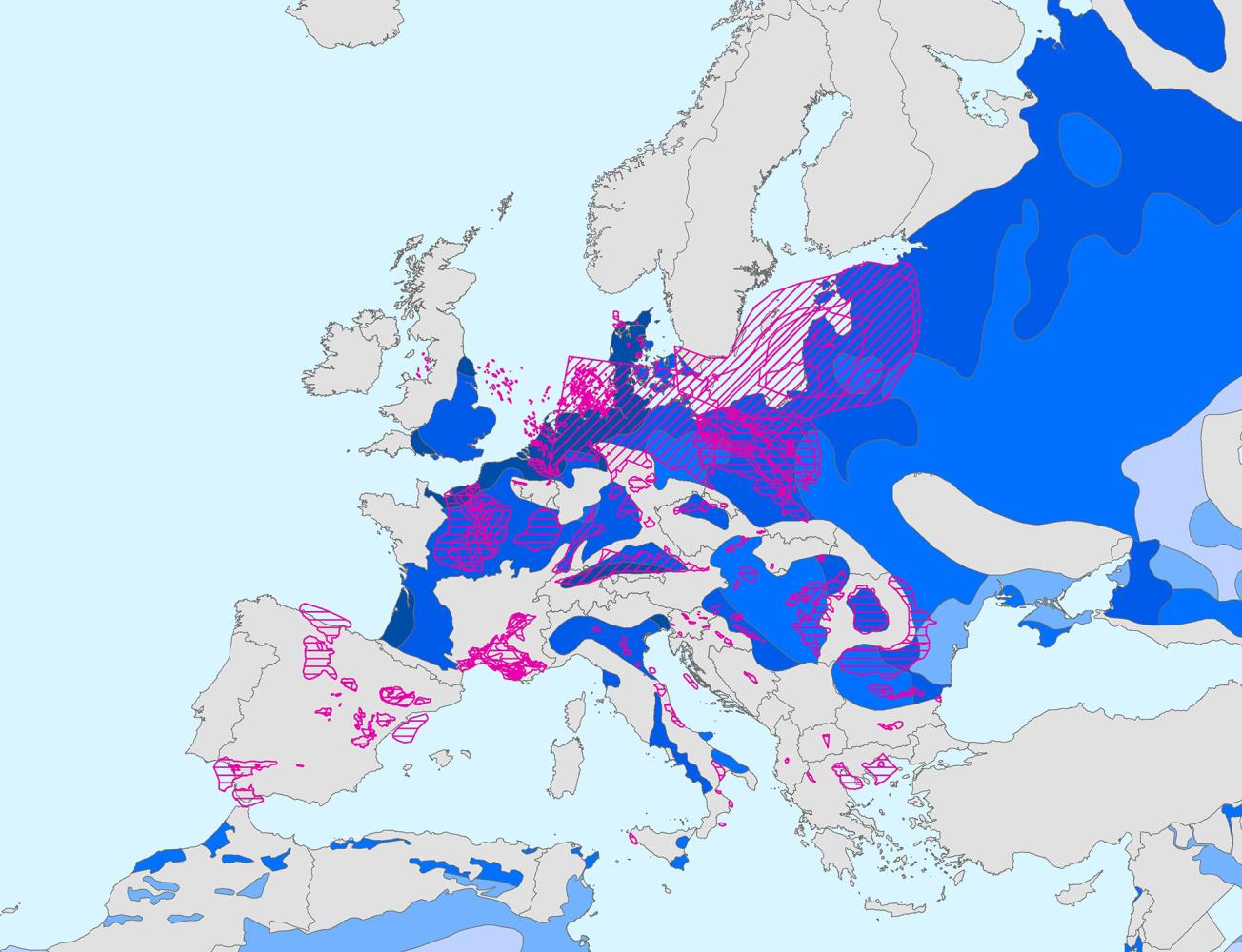
Superposition of the deep formations favourable for CO2 geological storage in Europe (GeoCapacity Project, in pink) with the groundwater resources located in the major sedimentary aquifers (Whymap, in blue).
© CGS Europe
Setting up a repository of relevant knowledge with an easy access for stakeholders
Initiatives are many. CGS Europe must collect and structure the existing research findings, as well as the national policies and regulations, in a knowledge repository that enables the players to easily find the relevant information. Knowledge development is ensured by sharing good practices, evaluating research needs and promoting new projects. A major effort is also devoted to disseminating knowledge so as to provide impartial and understandable information to the players, according to their needs.
Overview of actions
Several types of action have been undertaken:
- “Spring School” in March 2012 in Poland (one week training for European students)
- Continued translation of the CO2GeoNet brochure “What does CO2 geological storage really mean?” into all the European languages
- Organization of the 7th CO2GeoNet Open Forum in Venice in April 2012
- Organization of an exchange workshop between institutions on the lessons to be learnt from natural analogues, in October 2011 in Germany
- Exchanges of researchers
- Participation at the SciTechEurope Conference dedicated to research and innovation in November 2011 in Brussels (master class, stand)
- Conferences and information days in Austria, Denmark, Spain, Lithuania, Romania, Turkey
- Publication of articles on CO2 storage for decision makers
- Accreditation of the Europe CGS Europe project by the CSLF (Carbon Sequestration Leadership Forum), international collaboration initiative at ministerial level.

